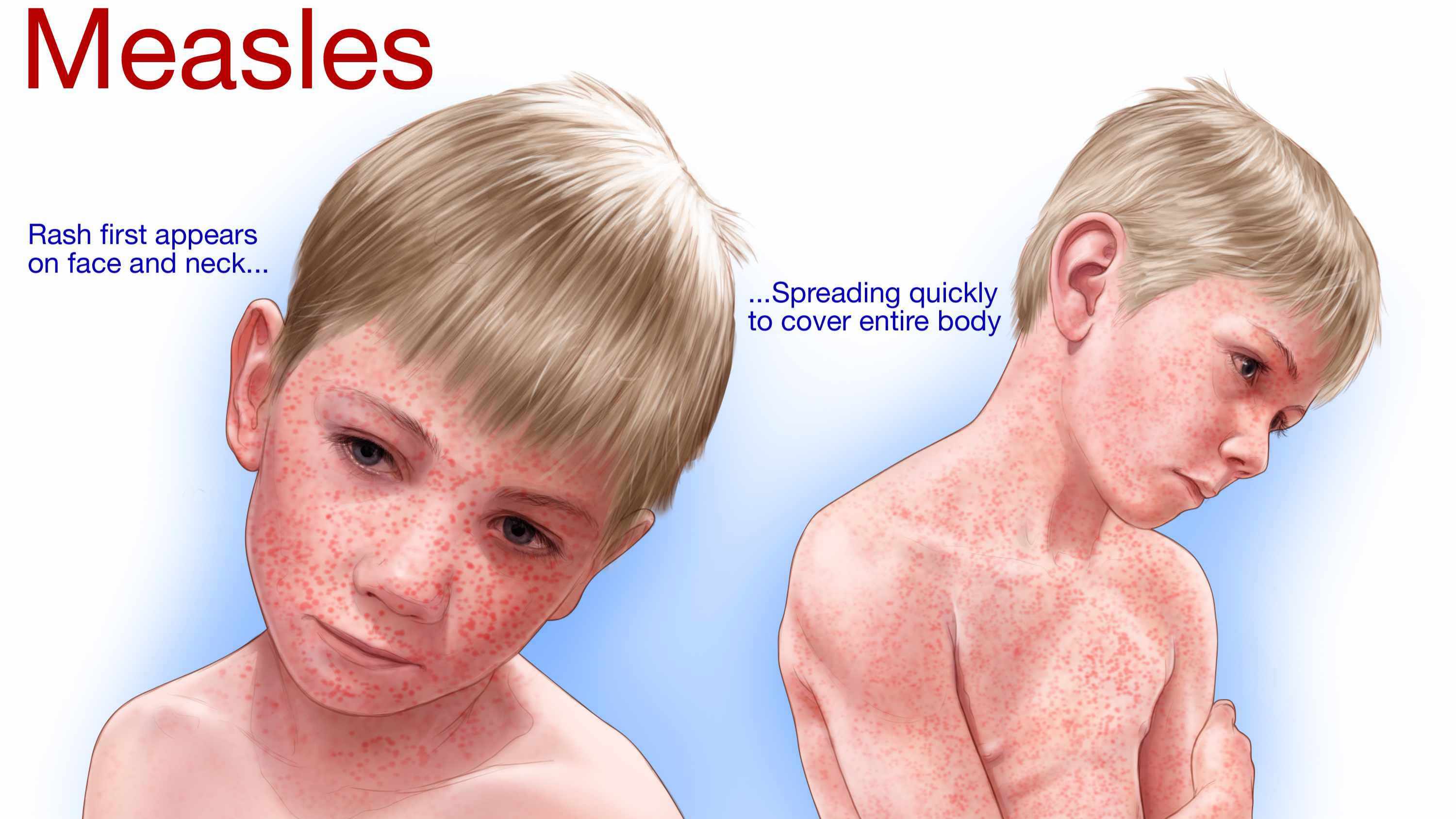-
Featured News
Infectious Diseases A-Z: Measles in North America

More than 60 people from 16 states have been reported to have measles in the first four months of 2018, says the Centers for Disease Control and Prevention (CDC). New outbreaks continue to add to the number of cases. In 2017, the CDC says 118 people were confirmed with the highly contagious viral disease. In Europe, outbreaks continue in a number of countries. "Measles is amongst the most infectious agents we know," says Dr. Pritish Tosh, an infectious diseases specialist at Mayo Clinic.
Watch: Dr. Pritish Tosh discusses the increase of measles in the U.S.
Journalists: Broadcast quality sound bites are in the downloads.
"If you have a group of people who are all susceptible to the disease, meaning they haven’t been immunized and don’t have immunity to it, and they’re exposed to somebody who has ongoing measles, the chances are quite high that the people in that room who have been exposed would come down with measles," Dr. Tosh says.
Measles is caused by a virus that is spread when an infected person coughs or sneezes. It can be prevented with the measles, mumps and rubella (MMR) vaccine, which protects against measles as well as mumps and rubella.
Robust vaccine programs
"Measles is generally considered to be a childhood disease, mostly because in areas where it is widespread and ongoing, it is so infectious that kids are usually exposed early on. And, if they’re exposed, they’re usually going to come down with the disease," says Dr. Tosh. "Now you can see later-onset measles just because we have decreased the amount of measles that’s in countries, such as the U.S., because of our robust vaccine programs."
Why cases continue to rise
"We have lost our community memory of how measles would cause so many problems, including death, in children. And, right now, in developing countries, measles is still a major cause of childhood mortality," says Dr. Tosh."We have been a victim of our own success in terms of the measles vaccine. People are choosing not to vaccinate their kids because, well, they don’t see measles."







